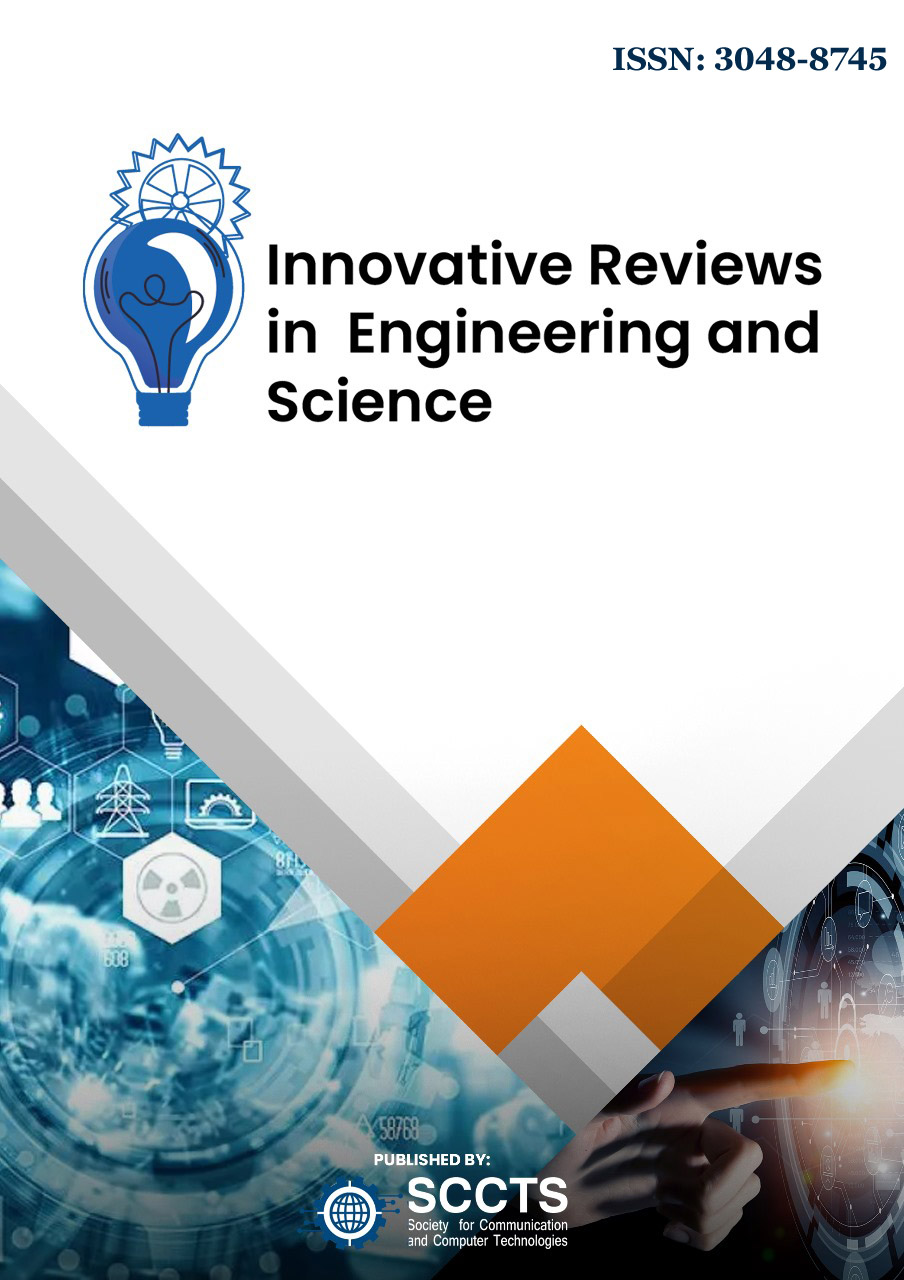Exploring the Field of Mechatronics: Scope and Future
DOI:
https://doi.org/10.31838/INES/02.01.05Keywords:
Actuators; Artificial Intelligence (AI); Embedded Systems; Microcontrollers; Robotics; Sensors; Smart ManufacturingAbstract
The field of mechatronics represents an interdisciplinary fusion of mechanical engineering, electronics, computer science, and control engineering, driving innovation across various sectors. This abstract explores the fundamental principles and applications of mechatronics, emphasizing its role in advancing modern technology. Mechatronics systems integrate mechanical components with electronic sensors and actuators, controlled by sophisticated algorithms, to create intelligent products and systems. These systems are pivotal in industries such as automotive, aerospace, manufacturing, and robotics, where they enhance precision, efficiency, and functionality. Recent advancements in mechatronics have led to the development of autonomous vehicles, advanced robotic systems, smart manufacturing processes, and innovative medical devices. Key technologies in this field include microcontrollers, sensors, actuators, and embedded systems, which work in unison to enable real-time data processing and decision-making. The integration of artificial intelligence (AI) and machine learning algorithms further augments the capabilities of mechatronic systems, enabling predictive maintenance, adaptive control, and human-machine collaboration. The ongoing research and development in mechatronics promise to push the boundaries of automation and intelligent system design, fostering innovation and efficiency. As mechatronics continues to evolve, it will play a crucial role in addressing complex engineering challenges and driving future technological advancements, significantly impacting various aspects of daily life and industrial operations.





